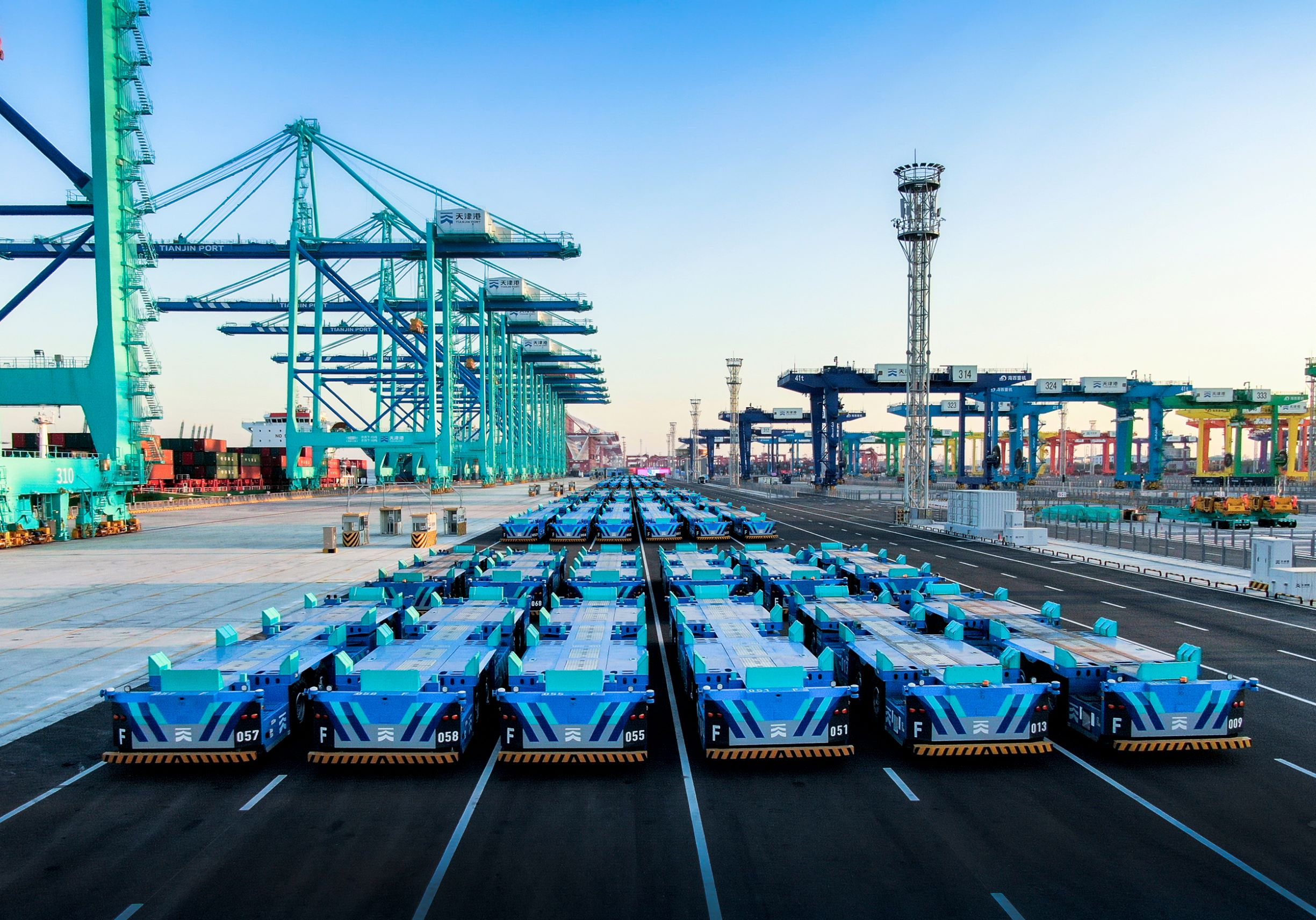Chinese multinational technology firm, Huawei, has said that African ports stand to benefit from the adoption of smart systems.
In a statement sent to SHIPS & PORTS, the firm said port digitisation would smoothen the supply chain in Africa.
“African ports can benefit enormously from digital transformation and adopting smart systems that will keep supply chains moving smoothly. The digitisation of Africa’s ports is a logical solution to meet the increasing demand of increased freight transport volumes.
Thus, it will enhance Africa’s trade efficiency, investment attraction, and bring about huge economic and social development.
“Even as African governments are investing in expanding port infrastructure to alleviate congestion and delay, which adds a lot to the trade costs, they need simultaneously to look at digitisation for the operational aspects of port management,” it said.
“With 38 of its 54 states being coastal or island states, it is no surprise that Africa is home to over 100 port facilities, including massive terminals in Durban, Port Elizabeth and Cape Town in the south, and Mombasa and Dar es Salaam in the east, and Lagos in the west. 90% of Africa’s imports and exports travels by sea.
“The volume of trade through these ports is enormous with South Africa alone in pre pandemic 2019 handling almost five million TEU (20 foot container equivalents) with just over 9, 000 ship calls nationally. However, few of these ports operate optimally, lacking a fully integrated rail and road system which enables all of the operational elements to ‘speak’ to each other, and for freight and logistics companies to monitor the progress of their goods.
“Manually operated loading and offloading at the ports is fraught with potential dangers and delays and the entire sector is therefore failing to extract the most out of what could be a far more lucrative freight economy,” Huawei said.
It also stated that together with Tianjin Port in China, it has built an intelligent horizontal transport system at the terminal of Section C in the Beijiang Port Area, achieved through unified data sharing using smart technologies such as 5G, cloud computing, big data and internet of things (IoT).
“Ports must operate every single day and delays in any part of the process of arrivals and departures, shoreside operations, horizontal transport, yard and gate operations and tractor trailer transport can result in enormous financial loss. In Tianjin, Huawei has used cloud based centralised dispatching to increase port-wide efficiency,” it further stated.
Huawei said increased use of 5G, AI and AR technologies in the scenario-based solutions such as those introduced by Huawei into Tianjin Port can improve not only portside operations but can also assist in the overall integration of transport nodes into and out of ports, which is currently a weakness in a number of African countries.
“Fully connected road, rail, air and port models will position African port operations at the forefront of smart, safe and environmentally sound hubs for the export and import of goods on which the continent relies,” it added.
Copyright Ships & Ports Ltd. Permission to use quotations from this article is granted subject to appropriate credit given to www.shipsandports.com.ng as the source.
